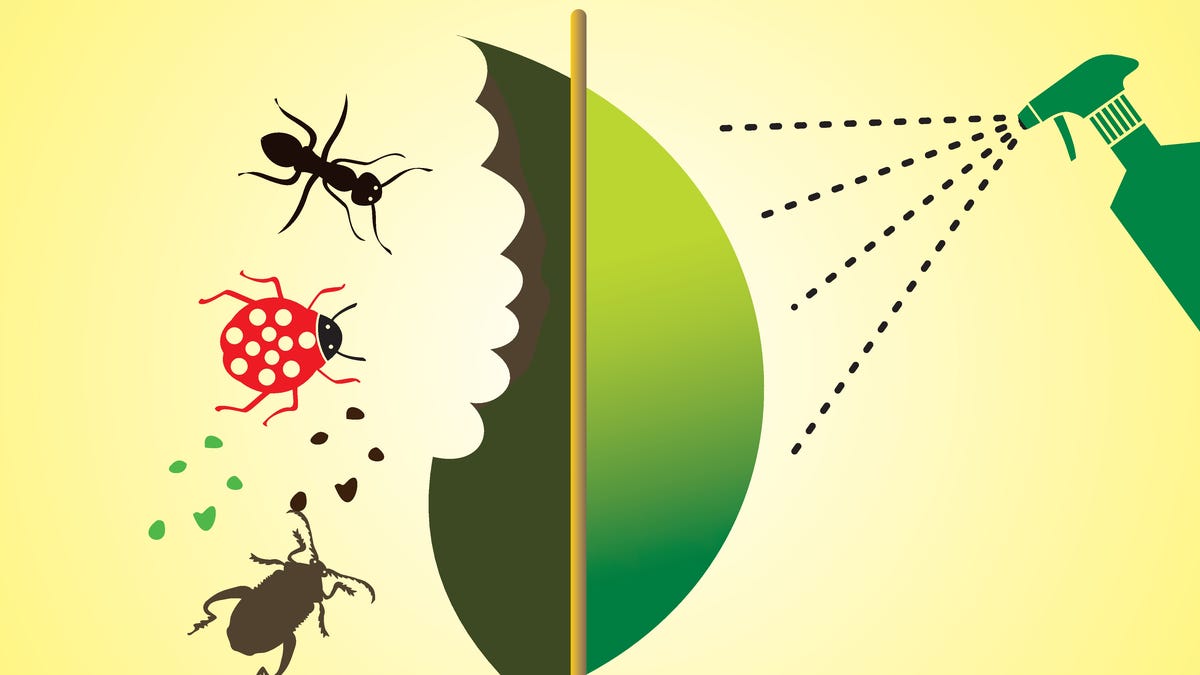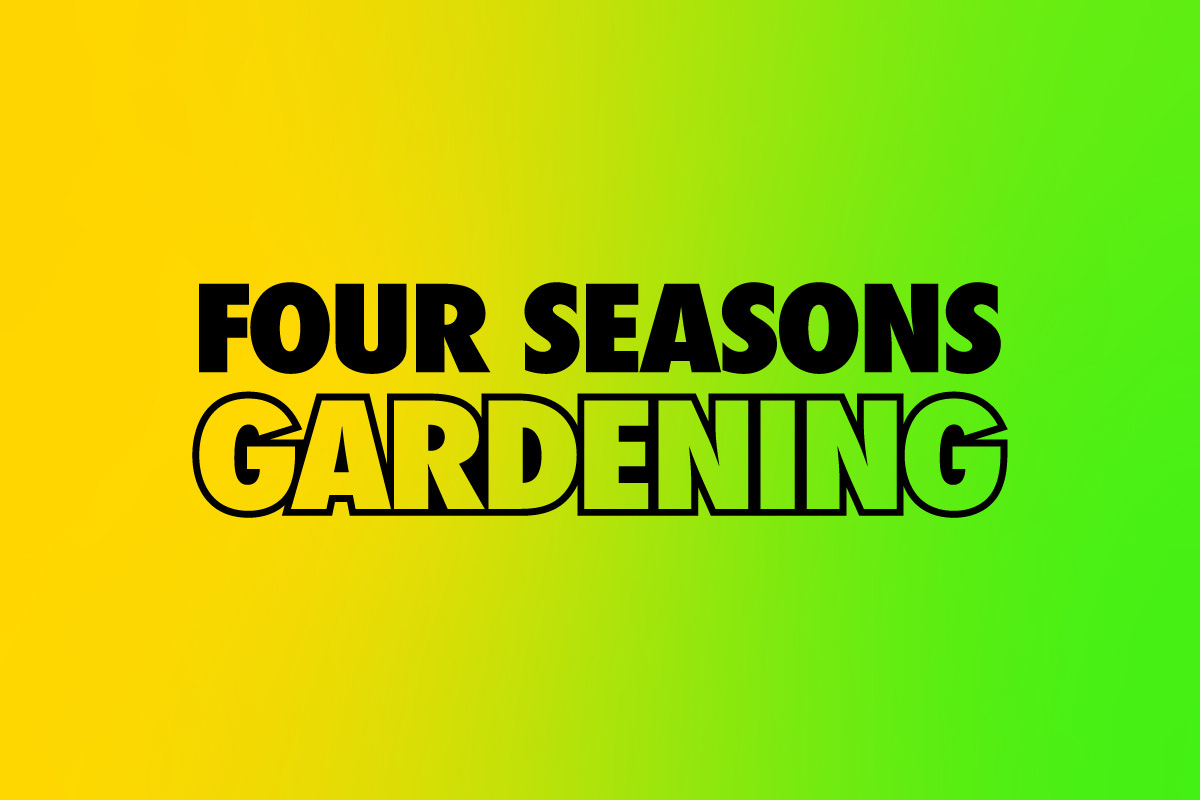The regulatory method of integrated pest management includes preventing entry and establishment of foreign pests. The first line of defense is to identify and then suppress new pests as they are first discovered in limited areas. If suppression is not achieved, you then turn to containing and eradicating the pest.
The Department of Agriculture and Consumer Services, Division of Plant Industry in Gainesville is responsible for the regulating control necessary to suppress and control the movement of dangerous pests. This is achieved using a variety of means.
- Certification, which assures pest free materials are moved between states or countries.
- Inspection of nurseries and plants being moved to identify and assure control of the spread of harmful pests.
- Surveys to identify infestations of harmful pests accidentally introduced into an area.
- Establish and enforce quarantines to prevent movement of harmful pest infestations.
Even with all of these controls in place new pests and diseases are discovered all of the time. The Division of Plant Industry and University of Florida IFAS Extension release news of new pests via e-mail so that those of us out in the field every day can keep a watchful eye and report and sightings.
Following are some of the past releases to be on the lookout for and report if you see them.
Laurel wilt disease
Laurel wilt disease is a destructive disease of red bay, avocado and other trees in the laurel family (Lauraceae). This fungus infects the sapwood of trees restricting the transport of water causing the leaves to wilt and eventually the tree to die.
The fungus is spread to the trees by a non-native insect, the red bay ambrosia beetle first detected in Savannah, Georgia.
Laurel wilt has been discovered in an avocado tree in a commercial grove in south Miami-Dade County. To view the signs of laurel wilt disease and the red bay ambrosia beetle Google “Laurel Wilt Disease and Ambrosia Beetle” and report any sightings to the DPI help line at 888-397-1517.
Royal palm bug
Royal palm bug is being called the chinch bug of royal palms. While they are not considered deadly, they do cause considerable aesthetic damage to the fronds from their feeding.
Damage is heaviest from mid-March to early July. Damage is minimal after that and resembles manganese deficiency with fronds browning in uneven patterns.
Root drenches of Merit have proven effective, but the uptake is slow. For immediate results use a foliar application. One soil application of Merit has provided control for two years. To view this problem Google “Royal Palm Bug” and report sightings. I have personally seen this problem on several royal palms on Marco Island.
Red date scale
Red date scale is attacking our heretofore pest free pygmy date palms (Phoenix roebelenii). Palms planted in shady areas or lanais are most bothered by this pest. Those trees in planted full sun are not as infested.
The scale appears in a white waxy material with the occasional red scale showing through. They congregate at the base of newly emerging fronds, on exposed roots and the trunk. This scale is hard to control as it has repeating generations producing a completely new population from egg to adult in only 60 days. Also, it is hard to spot the new infestations as they are in crevices of the newly emerging fronds allowing the population to grow unnoticed.
Once again Merit or Bayer Advanced Tree & Shrub Insect Control as a root drench will translocate throughout the plant to provide control for even the hidden pests missed by topical sprays.
Sri Lanka weevil
Sri Lanka weevil (myllocerus undatus) adult is about one-fourth inch long and whitish-gray. They resemble our native weevil the little leaf notcher but have a spur on the legs and a light-yellow head.
Their feeding is heaviest when plants are producing new foliage in the spring. They will feed on a wide range of fruit trees, palms, ornamentals and citrus. Lychee and mango trees are favorites. I have seen this weevil on Indian Hawthorn on Marco Island. If you feel control is necessary with severe infestations Sevin or Orthene can be applied.
To view this pest Google “Sri Lanka Weevil.”
Peter and Eileen Ward have sold Greensward of Marco after 40 years in the lawn and landscape business on Marco Island. You can reach Eileen with comments or questions on her columns via email at [email protected] or call 239-269-0192.









